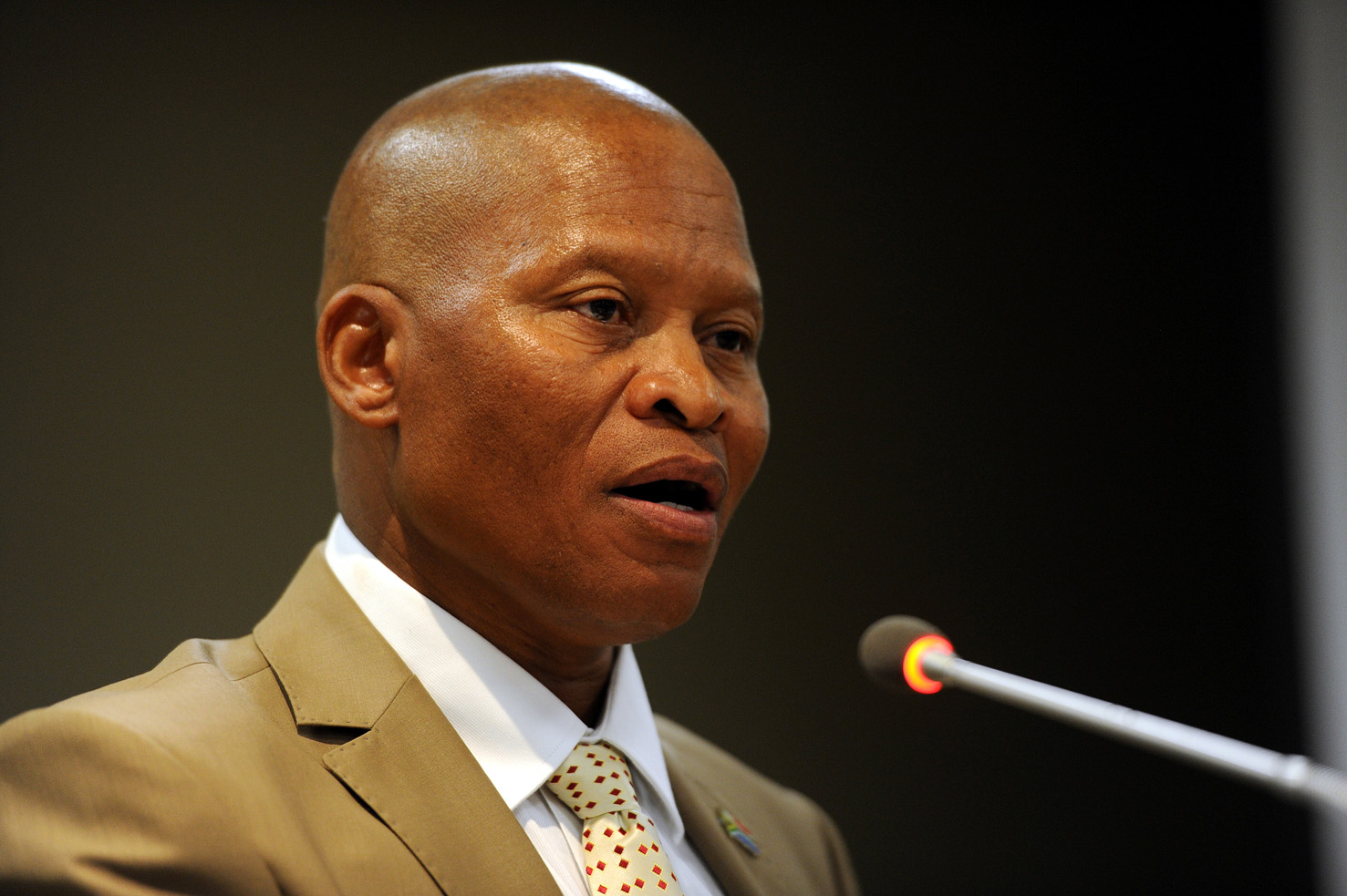Constitutional Court Chief Justice Mogoeng Mogoeng urged South Africans to take racially informed economic inequality and the land question seriously, if they want South Africa to become a respected and prosperous nation.
He was speaking at the Brand Summit South Africa in Cape Town on Thursday morning. The chief justice’s remarks come as Parliament is considering a re-look at the Constitution’s provisions for expropriation of land without compensation.
The African National Congress has managed to play catch-up in an early start to the campaign battle ahead of next year’s general elections. Julius Malema’s Economic Freedom Fighters have continued to gain traction by campaigning on racial divisions and the inequalities they have caused.
Founder of DonValley Reputation Managers and convenor of the brand summit Solly Moeng told Fin24 on Monday that politicians’ campaigning tactics through the use of South Africa’s troubled race relations has the potential to do untold damage to the country’s reputation and economic prospects.
Mogoeng told delegates at the brand summit that while it is critical to guard the reputation of the country, continued inequality would perpetuate poor race relations and that these currents of resentment would continue to find expression in the political arena.
“We spend a lot of time on narratives that are very divisive. Divisions are becoming clearer. There are narratives that seek to entrench the privilege of white South Africans at the expense of others. There are narratives that purport to advocate black empowerment, but are really aimed at looting,” said Mogoeng.
Mogoeng said the land issue has brought long-standing racial hostilities to the fore, but said this is because poor South Africans have been waiting for 24 years to receive the better life they were promised at the advent of democracy.
“Don’t avoid any solution. It is up to you to find a solution, as painful as it may be. Put people of all race in one room and let them ventilate their issues and accuse each other in a room like this until we find a solution that ensures true fairness and justice,” said Mogoeng.
The chief justice reminded delegates that he was not always popular among the masses, as he arrived at the Constitutional Court with the taint of former president Jacob Zuma’s approval. He said sectors of South African society are selective when protesting injustice.
Need to recognise past injustices
“Some of us no longer want to recognise the injustices of the past. Whenever they are being highlighted, it is seen as though they are seeking refuge under that. We need to recognise the injustices of our past and seek to understand the notion that South Africa belongs to all who live in it,” he said.
He said the land issue is just one example of how sorely South Africa needs to address its unjust past. He mentioned wage inequality as another example, where women and black South Africans earn less than their male or white counterparts with the same qualifications for the same work.
“Institutionalised racism has gone too far. There are far too many messages going out there and I am not sure the outside community knows who to listen to any more.
“We owe it to ourselves to examine what needs to be done to unite South Africa racially. We have had enough incidences to drive home the urgency to address the problem, and not just pay lip service to it,” he said.
Moeng told the summit that South Africans in the diaspora are more powerful at selling the brand of than officials.
“We are meant to be a leader. The most dangerous thing is to be a leader and now know it. I love this country and I believe that we can pull it back from the edge. We need to choose ethical leaders, whoever they are and we need to protect our world class institutions,” Moeng said.
Founder of Leih’s Truth and Propaganda Gary Leih said those leading South Africa needed to understand that “a brand is a person’s gut feeling about a product, service or organisation”.
He said this gut feeling should have improved over the past 24 years, but was only at its peak after 1994.
“We had it all at the dawn of democracy. I was in Australia at the time and people around me were jealous! I still believe that we can get back there,” Leih said.
He said South Africa, like every nation, only has a few seconds to create an impression in the minds of any non-South African elsewhere in the world and, in this brief moment, they will decide whether to visit or invest in the country.
[Source: News24]





 WhatsApp us
WhatsApp us 

